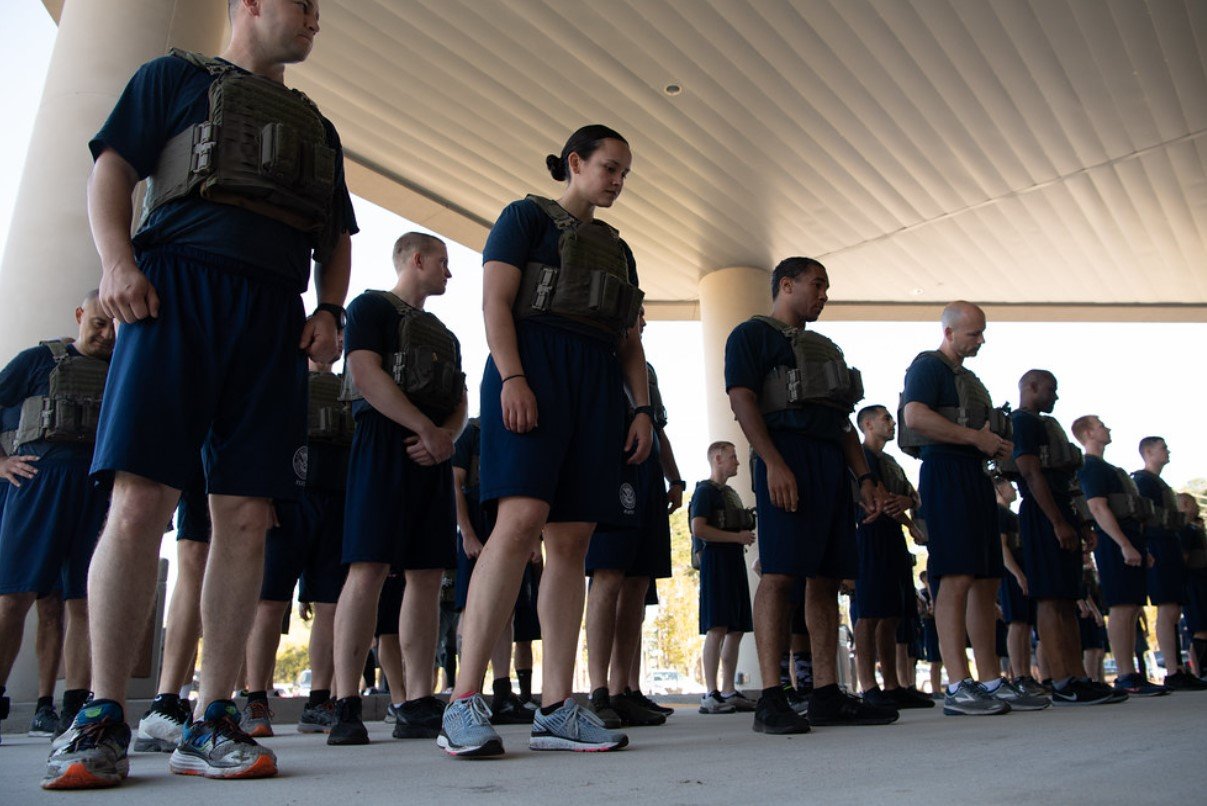In a landmark decision, Georgia’s law enforcement training hours for new recruits are set to double, marking a significant advancement in the state’s commitment to public safety and officer preparedness.
A Generational Shift in Policing
Georgia has historically ranked at the lower end of the spectrum in terms of mandatory training hours for new law enforcement officers. However, the recent unanimous decision by the Georgia Peace Officer Standards and Training Council (P.O.S.T.) is about to change that narrative. The move to increase the training from 408 to approximately 800 hours is expected to catapult Georgia into the top echelons of law enforcement training nationwide.

The extended training program is not just about quantity; it’s a qualitative leap forward. The new curriculum includes 25 additional hours dedicated to community relations, covering crucial topics such as crisis intervention, implicit bias, interpersonal communications, and cultural diversity. This comprehensive approach aims to equip officers with the tactical, physical, and emotional intelligence required for modern policing.
Enhancing Community Safety and Trust
The overhaul of the training program underscores a proactive response to the complex challenges faced by law enforcement today. By focusing on community relations, the P.O.S.T. aims to foster a safer environment for both officers and the communities they serve. The inclusion of modules on implicit bias and cultural diversity is a direct acknowledgment of the need for a more empathetic and informed police force that can navigate the societal nuances of the diverse Georgian population.
The new training regimen also emphasizes the importance of real-world application. It’s not enough to learn about these concepts in a classroom setting; officers must be able to implement them effectively in the field. This hands-on approach is expected to lead to better outcomes during police interactions, reducing the likelihood of tragic incidents and building public confidence in law enforcement.
Preparing Officers for Tomorrow’s Challenges
The future of law enforcement in Georgia looks promising with the implementation of the new training standards. The state’s law enforcement agencies are poised to become a model for others to follow, showcasing the positive impact of extensive and well-rounded training. As officers become more adept at handling the complexities of their roles, the ripple effects will be felt throughout the state, from small towns to bustling urban centers.
The commitment to continuous improvement and adaptation is a testament to Georgia’s dedication to excellence in law enforcement. With this progressive step, the state not only enhances the capabilities of its police force but also sets a new benchmark for law enforcement training across the country.




































